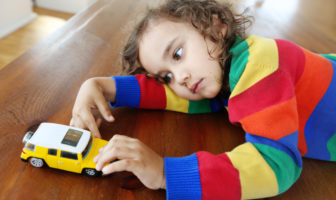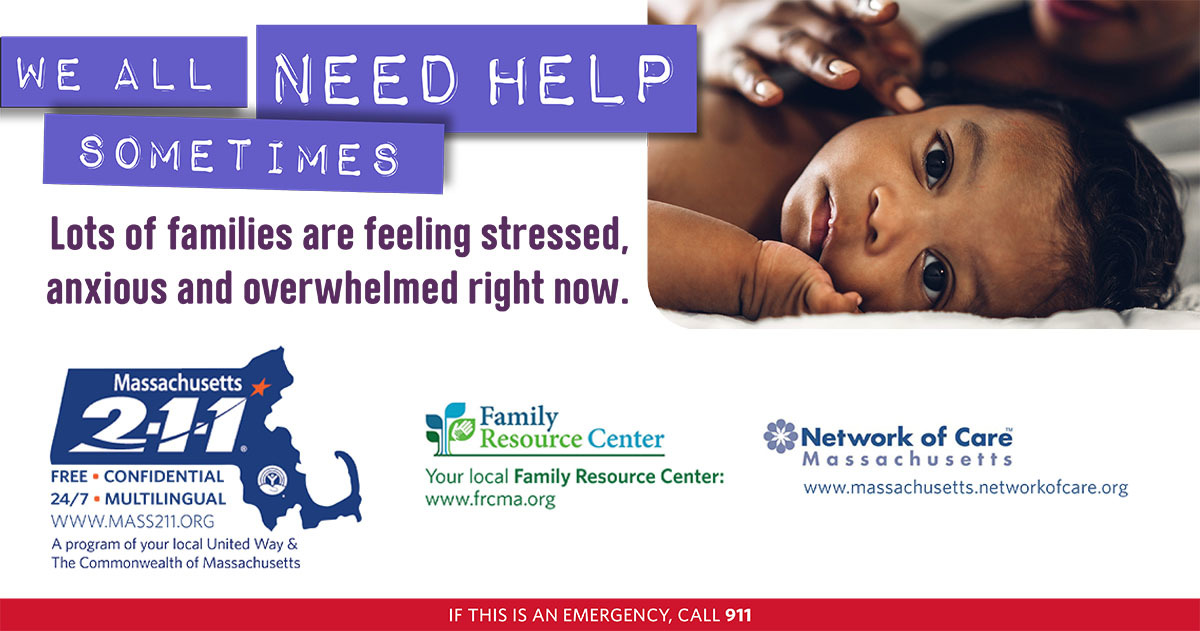There is no such thing as a perfect parent, but we often find ourselves striving toward this ideal. Now more than ever, being a "good enough" parent is more than okay. It may be the best strategy to get through the overwhelming stress of parenting during coronavirus.

Signs Your Child Is Stressed: What Parents Can Do
Young children are very sensitive to their caregivers’ stress and may not be able to talk about their worries and fears. This past year with COVID-19 may have caused your young child to show signs of stress that you haven’t seen before. These behaviors may be a normal reaction to stressful events or a sign that your child could use some extra support.
Some common reactions might be:
- More crying
- Having a hard time staying still
- Eating more or less than usual
- Complaining of tummy aches
- Changes in sleep habits or nightmares
- Clinging to their caregivers
- Fears of being alone
- Showing frustration, anger or other ‘big feelings’ more often
- Acting younger than their age
strategies to help your child (and you) manage stress
Stay connected. Hold your child while he is upset and reassure him that it’s OK. If he’s in the middle of a meltdown and doesn’t want to be held, stay close. Seeking affection is a sign that your child may be ready to calm down.
Help your child verbalize her feelings by identifying the source of the issue and showing empathy. By saying, “I know you are angry because you miss your best friends at school,” you are teaching your child to use words to describe her feelings and not bottle them up.
Get active. Just like adults feel better after taking a nice walk, getting outdoors will help your child better regulate his emotions. Taking the dog for a walk, a short hike around the neighborhood, or playing an outdoor game, will also help him burn off some energy.
Take care of yourself. Get plenty of rest and don’t be afraid to seek out help. We've curated a list of useful articles and virtual resources as well as a guide to local parenting groups and playgroups. Have a plan for when you feel overwhelmed and need a few moments alone. Don’t forget to take some time for yourself. Ideally, you can put aside a little time every day.
Trust your parental instinct. If you have any concerns about your child, or if something doesn’t feel right, talk with your pediatrician at your next visit or make an appointment to connect sooner.





